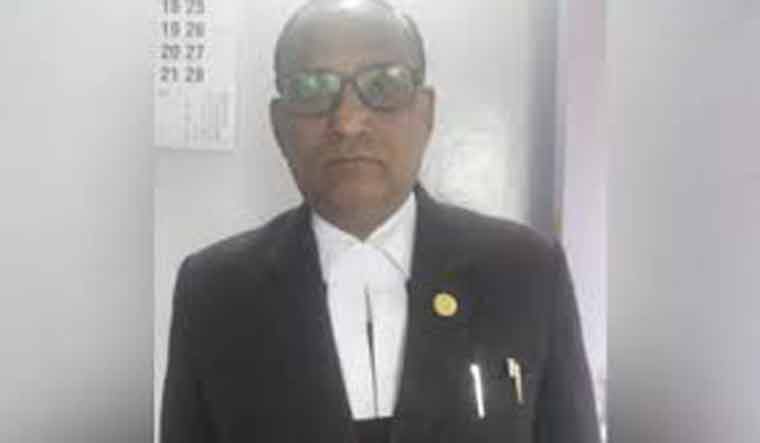We journalists are used to persistent nos. So, it was a pleasant surprise when I called up Abhay Nath Yadav, for the first time ever, on my way to Varanasi to file a story on the Gyanvapi shivling issue. He said, "Madam, you are coming from Lucknow. It is my duty to meet you. Please inform me as soon as you are here."
Yadav represented the masjid committee in the Gyanvapi dispute, and he passed away due to cardiac arrest on Saturday.
Four hours after his message, I was sitting in the chamber of his home. He went through the case file with me, even going as far as sketching out the premises of the mosque and the 'Shringar Gauri' idol over which the fight was. He introduced me to his daughter—who was to be married a couple of months later.
I asked him if he had ever been threatened or felt fearful for representing the Muslim side. He said his work did not distinguish between religions. “My only side is the side of law," he said.
That was in May.
My story appeared a week later.
Abhay Nath Yadav was the only Hindu lawyer who was fighting the case for the Muslim side. And, he was very matter-of-fact, speaking only of the law. Completely devoid of the emotion that sometimes emanated from the other side. That was definitely not the language of Yadav.
The day after meeting me, I was at his chamber at the district and sessions court, while he waited for the case to be called. Tea, coffee, soft drink—there was not one offer he did not make to me. I wished him luck as he left his chamber. Some hours later, he called back, saying he wanted to give me precise updates of what had transpired in court. But, before that, he inquired: “Have you had lunch?”
Yadav had a disdain for the media, particularly the electronic media, believing that their only job was sensationalism. However, when my story was out, he called to say that he was impressed by its neutrality. Later, he sent a message that read, “Very nice article based on real facts. I appreciate you and pray to god for your best reporting in future. This article is a hope that print media will bring forward the standard of 4th pillar of democracy (sic.)”
Some weeks later I was beset with a fresh challenge. I needed a chargesheet from Allahabad. After nothing worked out, I called him with the request. Within two days, he got back saying that a certified copy of the chargesheet had been applied for. “Consider it done”, he assured me.
True to his word, I received a soft copy some days later.
His last message to me was that he had a physical copy of the chargesheet which he would send over for my records. I responded by saying that I would pick it when we met the next time in Lucknow or Varanasi, over tea or lunch.
On Monday morning, I woke up to the news that there would be no next time.
Of the many people we journalists meet on the field, very few evoke the kind of warmth he did. His passing away feels like a personal loss.
The country and his profession needed more of his clear vision.





